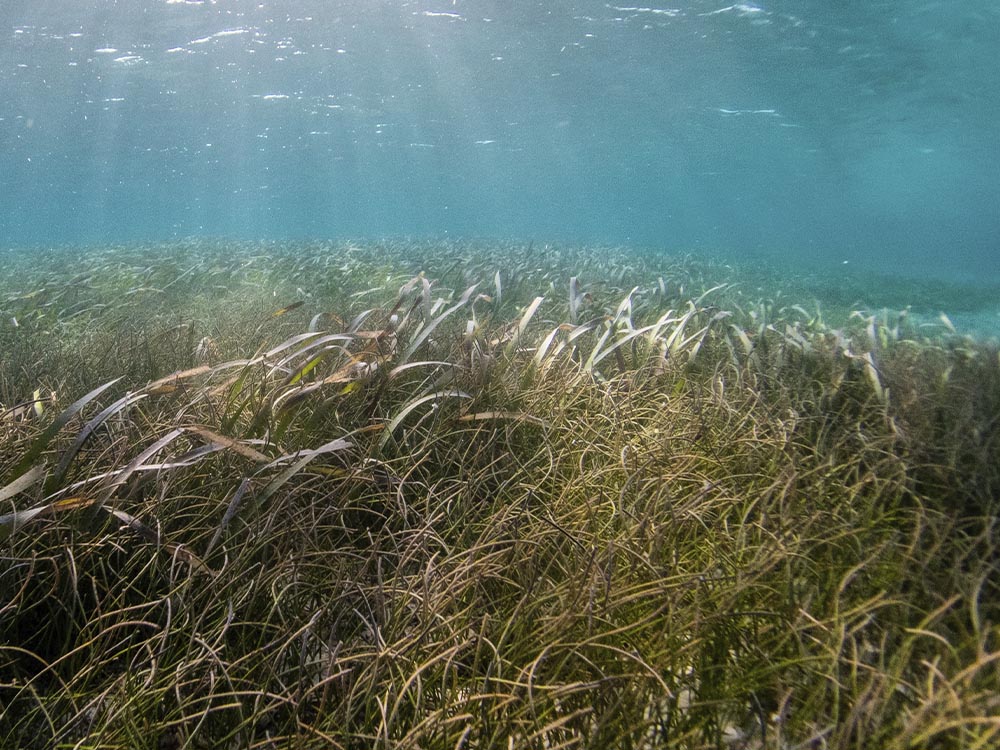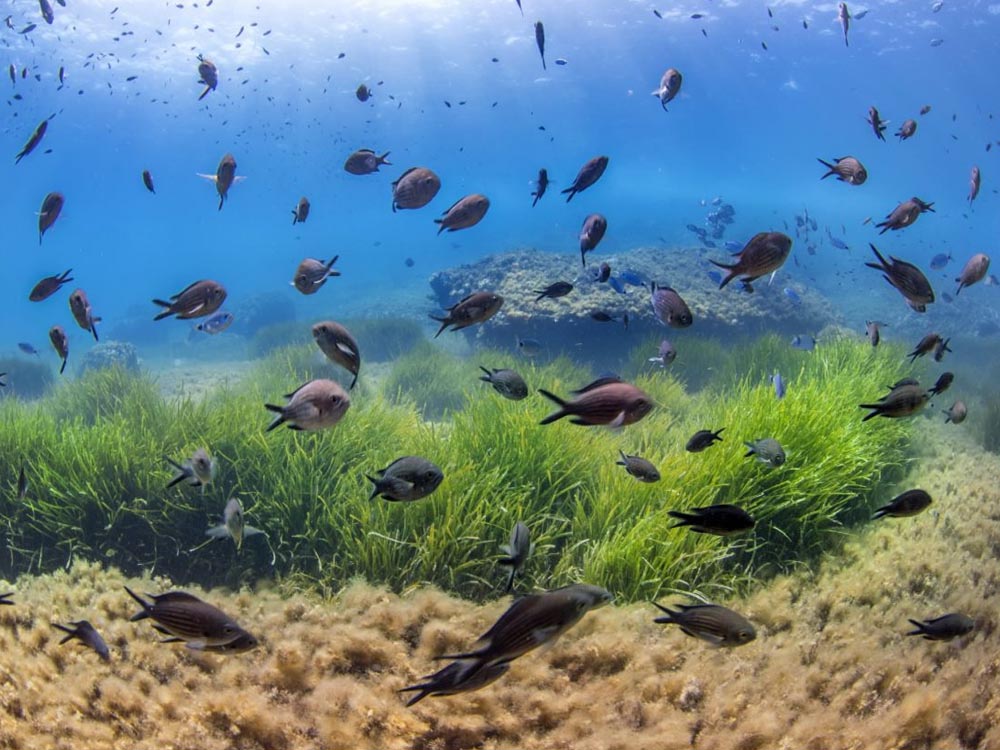POSBEMED 2
Governance and management of Posidonia beach-dune systems across the MediterraneanProject presentation
The Posidonia littoral zone (Posidonia-beach-dune system) is a valuable natural asset affected by a variety of impacts and pressures. Drifting vegetation of Posidonia forming banquettes along the beaches is a common feature of many coasts. However, residues of seagrass Posidonia oceanica beached in tourist zones represent often a problem in the Mediterranean. Surveys conducted in the previous initiative POSBEMED (2016-2018) funded by the Interreg Mediterranean programme highlighted the need to promote better management of the Posidonia littoral landscape and banquettes on beaches throughout the entire Mediterranean coast. Data gathered about beach management practices revealed that 83% of the surveyed local authorities remove seagrass deposits and banquettes every year on some or all the beaches, including protected areas.
Based on the findings of the previous project, the objective of POSBEMED2 is to catalyse its results to manage the Mediterranean coastline by developing planning strategies that recognize the value of the Posidonia beach-dune environment and integrate them into the overall coastal strategy, while also addressing concerns and educating stakeholders. It further addresses key knowledge gaps, providing information that will enhance management decisions on adaptation, policies, planning and promotion in Protected Areas.
Partnership
Lead partner
Autonomous Region of Sardinia – Institute for the Study of Anthropogenic Impact and Sustainability in the Marine Environment of the National Research Council (IAS – CNR, Italy)
8 Partners
20 Associated partners
8 Pilot sites
9 Countries
Key messages
For managers
- POSBEMED2 creates the baseline for management interventions and identifies and implements actions to assess outcomes and successes that support replicability and scaling up;
-
The project enables the participating territorial authorities and institutions to address a common challenge, to promote better management of the Posidonia littoral landscape by enhancing the value of natural beaches for sustainable tourism and local development while ensuring high-level conservation.
For policy
- There is a lack of clear regulations for banquette removal and limited management programs in PAs;
-
To test local governance frameworks for decision-making on Posidonia banquettes we must consider beach functions (protection and recreation), erosion processes, and the ecosystem in and surrounding PAs;
- We need to provide better integration planning tools to be incorporated into management planning and coastal policies in the Posidonia littoral zone across the Mediterranean.
For science
-
Posidonia banquettes are considered nature-based coastal defences that support biodiversity protection and minimise beach erosion, linking the marine and terrestrial environment, and are often negatively affected by mismanagement practices;
-
Data gathered about beach management practices revealed that 83% of the surveyed local authorities remove seagrass deposits and banquettes every year on some or all the beaches, including in PAs.
- Given the present tourism growth and climate change (CC) trends, POSBEMED 2 addresses the main elements identified in the first POSBEMED project as crucial actions to carry out across the Mediterranean.





